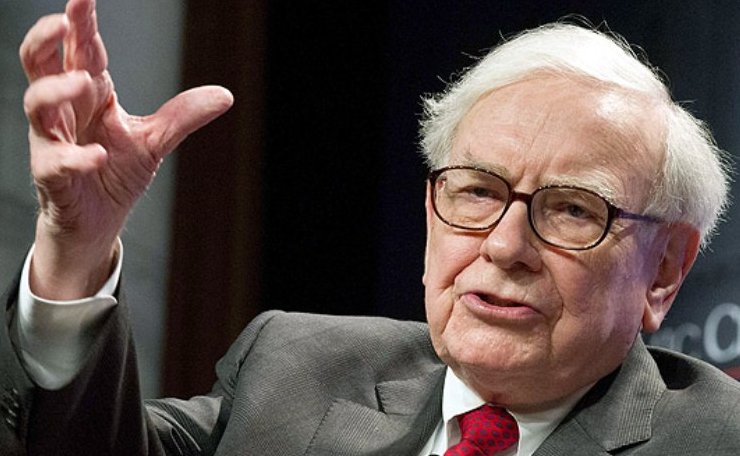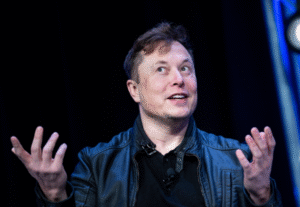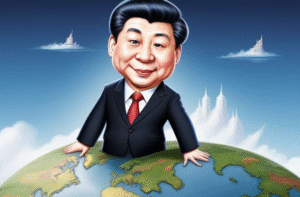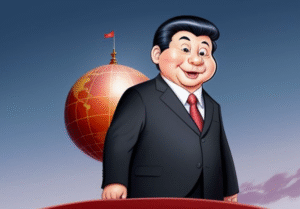$BRK.B $DJI $SPY
#WarrenBuffett #TrumpTariffs #StockMarket #TradeWar #Investing #Economy #Buffett #Tariffs #USChina #MarketImpact #Finance #GlobalTrade
Warren Buffett has once again voiced his concerns about the economic consequences of tariffs, particularly those imposed by former President Donald Trump. Speaking on the matter, Buffett characterized tariffs as a form of taxation on goods, emphasizing that it is ultimately the American consumer who bears the cost. He dismissed the notion that tariffs come at no expense, quipping that “the Tooth Fairy doesn’t pay ’em”. Given Buffett’s long-standing reputation as one of the most pragmatic and successful investors in history, his perspective carries significant weight in economic and financial circles. His comments highlight growing concerns among investors about how protectionist trade policies impact businesses and consumers alike.
Buffett also likened tariffs to a form of economic warfare, suggesting they can have far-reaching consequences beyond their intended protective measures. By making imports more expensive, tariffs often result in retaliatory measures from other countries, leading to broader trade tensions. These actions can disrupt global supply chains, increase manufacturing and material costs, and create economic uncertainty. The U.S.-China trade war, for example, led to dramatic shifts in corporate strategy, with companies reconsidering their reliance on Chinese production. The broader market, represented by indexes like the $DJI and $SPY, tends to react negatively to escalating trade disputes, as such uncertainty weighs on corporate earnings and economic growth projections.
Historically, markets have not fared well during prolonged tariff disputes. The U.S. stock market faced heightened volatility during Trump’s trade war with China between 2018 and 2019, with sectors like manufacturing, agriculture, and technology experiencing significant turbulence. Companies reliant on imports, such as automakers and retail businesses, often absorb higher costs or pass them on to consumers, leading to inflationary pressures. While the Federal Reserve has tools to manage inflation, an unpredictable trade policy adds another layer of complexity to monetary decision-making. As Buffett implies, tariffs don’t function as a seamless economic tool; instead, they create inefficiencies and unintended consequences that ripple through both domestic and global markets.
Considering Buffett’s remarks, investors may look carefully at companies with heavy international exposure, particularly those affected by tariffs. Higher import costs can squeeze corporate margins, particularly for firms that have not diversified their supply chains. Conversely, Buffett’s Berkshire Hathaway ($BRK.B) has historically invested in companies with strong pricing power, enabling them to weather inflationary environments. If tariffs were to be reinstated or expanded under future administrations, we could see similar stock market reactions to those observed in 2018-2019, with defensively positioned companies outperforming highly import-dependent businesses. It remains to be seen how future trade policies will evolve, but Buffett’s warning serves as a crucial reminder that tariffs carry economic consequences not easily dismissed.











Comments are closed.